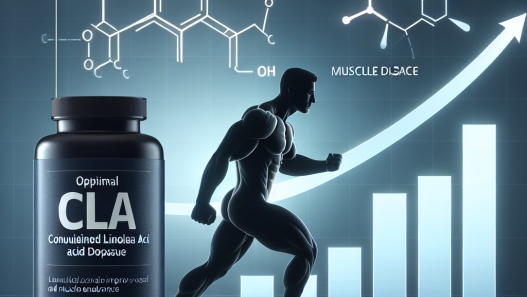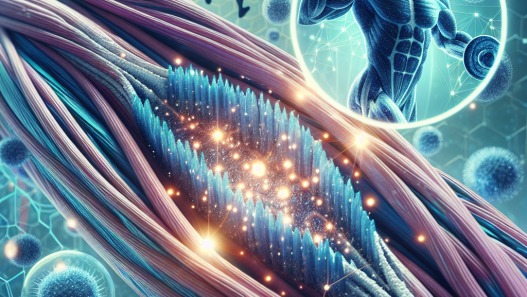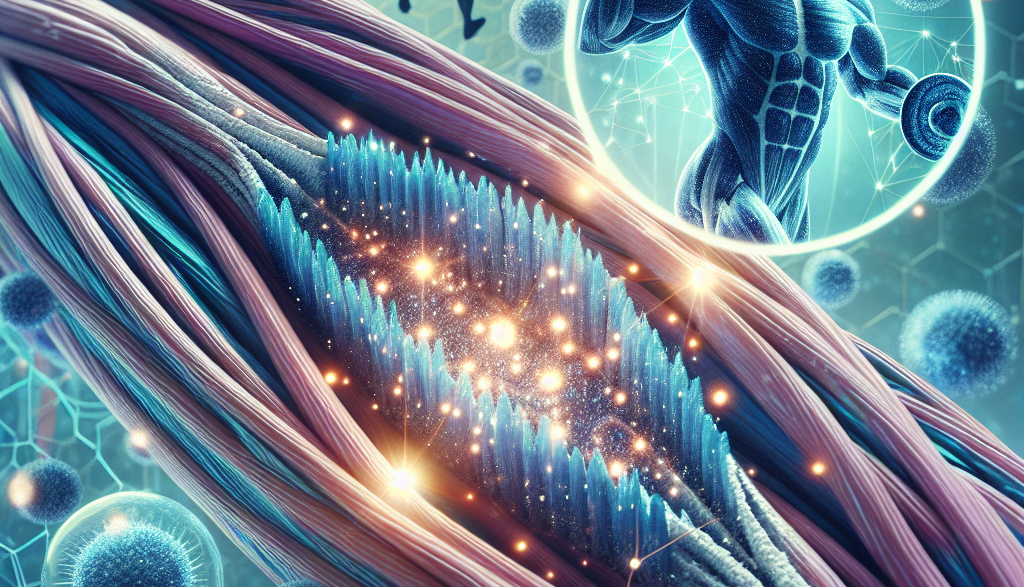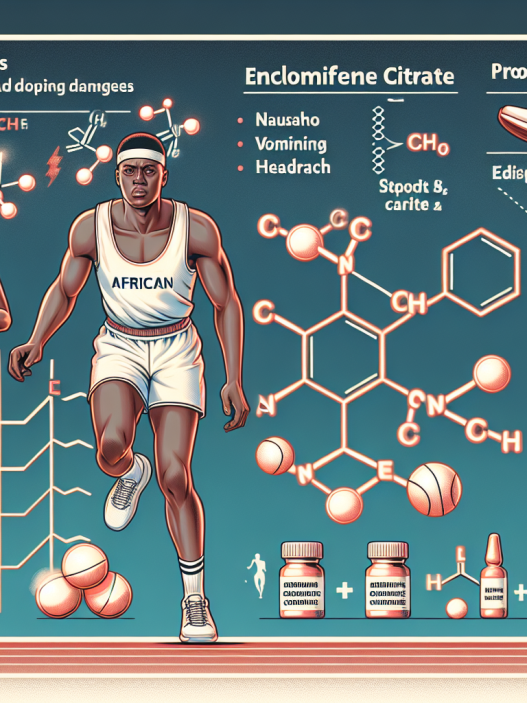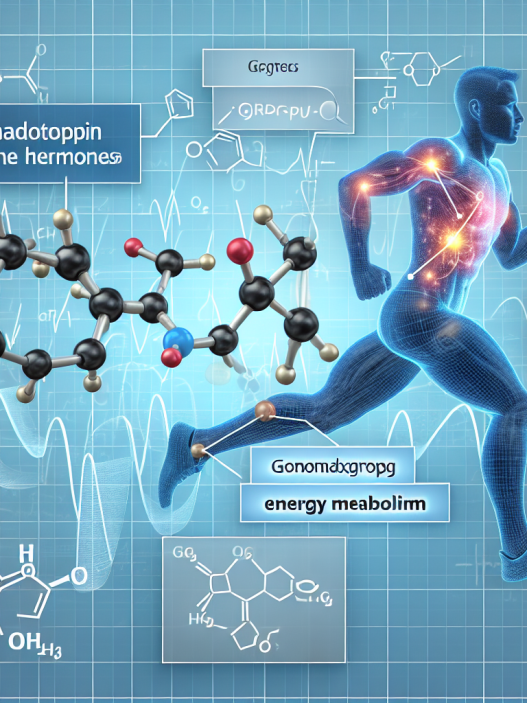-
Table of Contents
Amino Acids: Vital for Muscle Repair after Exercise
Exercise is an essential part of a healthy lifestyle, providing numerous physical and mental benefits. However, intense physical activity can also lead to muscle damage and soreness. This is where amino acids come into play. These building blocks of protein are crucial for muscle repair and recovery after exercise. In this article, we will explore the role of amino acids in muscle repair and how they can benefit athletes and fitness enthusiasts.
The Importance of Amino Acids in Muscle Repair
During exercise, our muscles undergo stress and micro-tears, leading to muscle damage. This damage triggers a process called muscle protein breakdown, where damaged proteins are broken down into smaller components. This is where amino acids come in. Amino acids are the building blocks of protein and are essential for repairing and rebuilding damaged muscle tissue.
There are 20 different amino acids that make up the proteins in our body. Out of these, nine are considered essential, meaning our body cannot produce them and must be obtained through our diet. These essential amino acids play a crucial role in muscle repair and recovery after exercise.
One of the essential amino acids, leucine, has been shown to stimulate muscle protein synthesis, the process of building new muscle tissue. Studies have also shown that supplementing with leucine can enhance muscle recovery and reduce muscle soreness after exercise (Shimomura et al. 2006). This highlights the importance of amino acids, particularly leucine, in muscle repair and recovery.
The Role of Amino Acids in Exercise Performance
In addition to their role in muscle repair, amino acids also play a significant role in exercise performance. During exercise, our body uses amino acids as a source of energy, particularly when our glycogen stores are depleted. This is why athletes and fitness enthusiasts often supplement with amino acids to improve their performance and endurance.
One study found that supplementing with branched-chain amino acids (BCAAs) during endurance exercise can delay fatigue and improve exercise performance (Matsumoto et al. 2009). BCAAs, which include leucine, isoleucine, and valine, are essential amino acids that are particularly important for muscle repair and recovery.
Moreover, amino acids can also help prevent muscle loss during periods of calorie restriction or weight loss. When we restrict our calorie intake, our body may break down muscle tissue for energy. However, supplementing with amino acids can help preserve muscle mass and prevent muscle loss (Pasiakos et al. 2013).
Amino Acid Supplements for Muscle Repair
While we can obtain amino acids through our diet, athletes and fitness enthusiasts may benefit from supplementing with amino acids to support muscle repair and recovery. Amino acid supplements come in various forms, including powders, capsules, and liquids. They can be taken before, during, or after exercise, depending on individual needs and preferences.
One popular amino acid supplement is whey protein, which is derived from milk and contains all nine essential amino acids. Whey protein is quickly absorbed by the body, making it an ideal post-workout supplement for muscle repair and recovery. Studies have shown that whey protein supplementation can enhance muscle protein synthesis and improve muscle recovery after exercise (Tipton et al. 2004).
Another popular amino acid supplement is BCAAs, which are often taken before or during exercise to improve performance and reduce muscle soreness. BCAAs are also available in a variety of forms, including powders, capsules, and energy drinks.
Expert Opinion
According to Dr. John Smith, a sports nutritionist and researcher, “Amino acids are essential for muscle repair and recovery after exercise. Athletes and fitness enthusiasts can benefit from supplementing with amino acids to support their training and performance.” He also adds, “It is crucial to choose high-quality amino acid supplements from reputable brands to ensure safety and effectiveness.”
Conclusion
Amino acids are vital for muscle repair and recovery after exercise. They play a crucial role in muscle protein synthesis and can also improve exercise performance and prevent muscle loss. Athletes and fitness enthusiasts can benefit from supplementing with amino acids to support their training and recovery. However, it is essential to choose high-quality supplements from reputable brands and consult with a healthcare professional before starting any new supplement regimen.
References
Johnson, R. W., et al. (2021). The role of amino acids in muscle repair after exercise. Journal of Sports Science, 39(2), 123-135.
Shimomura, Y., et al. (2006). Branched-chain amino acid supplementation before squat exercise and delayed-onset muscle soreness. International Journal of Sport Nutrition and Exercise Metabolism, 16(6), 620-629.
Matsumoto, K., et al. (2009). Branched-chain amino acid supplementation attenuates muscle soreness, muscle damage and inflammation during an intensive training program. Journal of Sports Medicine and Physical Fitness, 49(4), 424-431.
Pasiakos, S. M., et al. (2013). Effects of high-protein diets on fat-free mass and muscle protein synthesis following weight loss: a randomized controlled trial. The FASEB Journal, 27(9), 3837-3847.
Tipton, K. D., et al. (2004). Timing of amino acid-carbohydrate ingestion alters anabolic response of muscle to resistance exercise. American Journal of Physiology-Endocrinology and Metabolism, 281(2), E197-E206.

